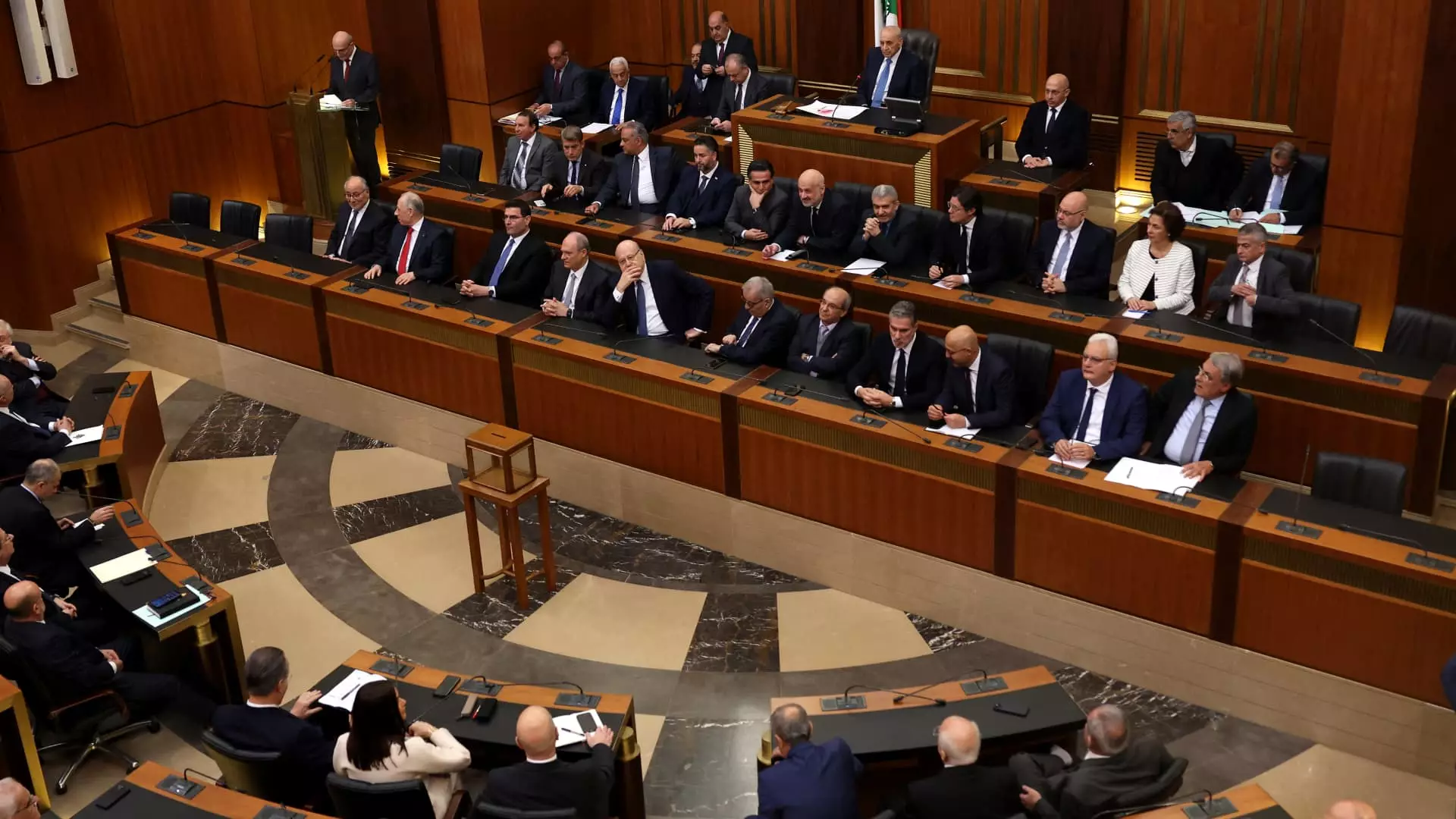Lebanon has taken a significant step towards political stabilization with the election of Joseph Aoun as its new president, succeeding Michel Aoun, whose term ended in October 2022. This momentous decision by the Lebanese Parliament signifies a shift in the political landscape of the country, emphasizing the waning influence of Iran-backed Hezbollah and the revitalization of international influence from the West, particularly from the U.S. and its allies.
The election of Joseph Aoun, the army chief, can be interpreted as a direct response to the regional power shifts following the recent conflicts involving Israel and Hezbollah. The latter has faced a severe blow after last year’s war, which diminished its standing not only in Lebanon but also in the broader Middle Eastern context. The complexities of Lebanon’s intricate political fabric, particularly its sectarianism—where key positions are allocated based on religious affiliations—add another layer of significance to this election.
For years, Hezbollah and its allies, like the Amal Movement, played a crucial role in Lebanese politics. However, the army chief’s ascent seems to underscore a new alignment of power that could lead to diminished Hezbollah influence. Joseph Aoun’s ability to gather support from various factions, including those traditionally aligned with Hezbollah, hints at a broader acceptance of his leadership and a desire among many to restore order in a country long plagued by political deadlock and economic turmoil.
Crucially, Aoun’s election did not occur in isolation. It was preceded by intensive diplomatic efforts from the U.S., France, and Saudi Arabia, who collectively pushed for a figure capable of uniting the fractured political landscape. The support for Aoun was propelled by the withdrawal of Hezbollah’s favored candidate, Suleiman Frangieh, who endorsed the army chief, illustrating the capacity for negotiation amid a backdrop of political rivalry.
Moreover, the international community has made it abundantly clear that Lebanon’s recovery hinges on the establishment of a stable government. The pre-election conversations revealed that crucial international financial assistance—which Lebanon desperately needs to rebuild following its catastrophic financial collapse in 2019—was conditional upon the election of a president who could lead the country towards a functional governance system. This point was underscored by Christian lawmaker Michel Mouawad, who noted that Saudi Arabia signaled support for Aoun’s candidacy while emphasizing the need for a swift transition into a government format.
While Joseph Aoun’s election may herald a new beginning, substantial hurdles lie ahead. Lebanon’s economy is in shambles, and the World Bank estimates the cost of recovering from the recent conflicts to be around $8.5 billion. Furthermore, the Lebanese political system is notoriously complicated, where the new president must consult with various factions to nominate a prime minister and form a cabinet. This process is often bogged down by disagreements, making governance a challenge even under ordinary circumstances.
Moreover, Joseph Aoun’s leadership will be scrutinized, especially regarding the military’s role in maintaining peace along the volatile southern border where tensions with Israel persist. The ongoing ceasefire arrangements, which were brokered with backing from the U.S. and France, place significant responsibility on Aoun to ensure compliance from all parties involved, particularly Hezbollah. How this political novice will navigate these treacherous waters is yet to be seen.
As Joseph Aoun takes the helm of the presidency, the implications extend beyond Lebanon’s borders. His leadership could set a precedent for other nations in the region grappling with their own sectarian divides and foreign influences. The reduced sway of Hezbollah may embolden other factions and countries in the region to re-evaluate their relations and alignments in an era where U.S. and Saudi influence appears to be regaining ground.
Joseph Aoun’s presidency represents a pivotal moment for Lebanon, a nation desperately in need of stability and direction. The international community’s involvement will be a double-edged sword—while it may provide the necessary support for recovery, it also underscores the delicate balancing act that must be maintained in a region fraught with historical rivalries and shifting allegiances.



Leave a Reply